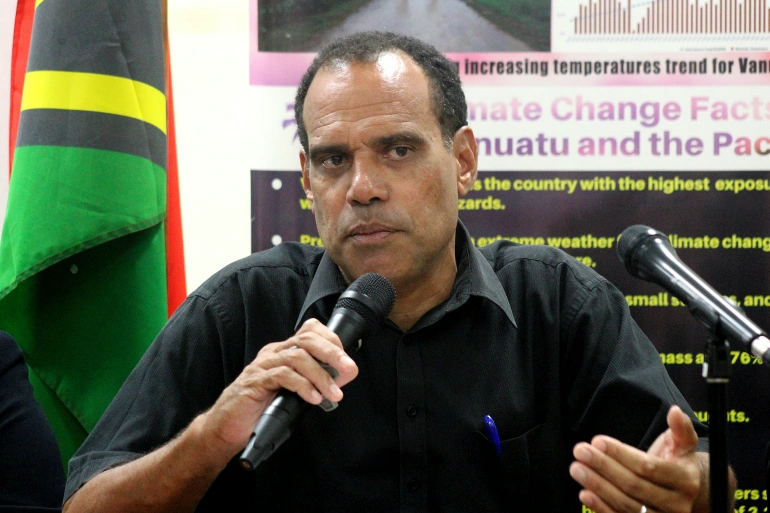In order to determine what legal obligations nations have to safeguard climate systems and those impacted by climate change, the International Court of Justice (ICJ) will be consulted, according to a resolution that the South Pacific island nation of Vanuatu has submitted to the United Nations General Assembly.
For states that “by their acts and omissions” harm the climate in such a way that it affects others, especially small island nations and their citizens who are among the most vulnerable to the effects of climatic change, the court’s opinion would be sought as to what the appropriate legal consequences should be.
Co-sponsored by 120 countries at the UN, including Australia, the United Kingdom, New Zealand and many European Union states, the resolution could be adopted on Wednesday by a consensus or pass with a simple majority – which would require at most 97 countries voting yes. Or, it might not be adopted at all.
Read Also: swiss-court-case-links-climate-change-to-human-rights
But if the resolution passes as anticipated, the UN General Assembly will then ask the ICJ to clarify the legal obligations that states are under – and the consequences if they fail – to protect current and future generations from climate change.
Leading the initiative is the Pacific nation of Vanuatu – an archipelago of roughly 80 islands spread across 1,300 kilometres – which was hit by two Category 4 cyclones within three days earlier this month.
Addressing the possible outcomes if the resolution is adopted and the ICJ gives an advisory opinion, Regenvanu spoke of such concepts as a “Fossil Fuel Non-Proliferation Treaty” or adding a crime of “ecocide” to international law.
Vanuatu’s campaign to involve the ICJ in climate justice follows after the latest Intergovernmental Panel on Climate Change (IPCC) report delivered a dire warning that “human-caused climate change is already affecting many weather and climate extremes in every region across the globe”.
The global surface temperature has increased by 1.1°C in the past century and is projected to continue increasing. The latest IPCC report details how, if the trend continues, the global surface temperature will “likely” exceed 1.5°C in this century and “make it harder to limit warming below 2°C”.
Story adapted from Aljazeera
